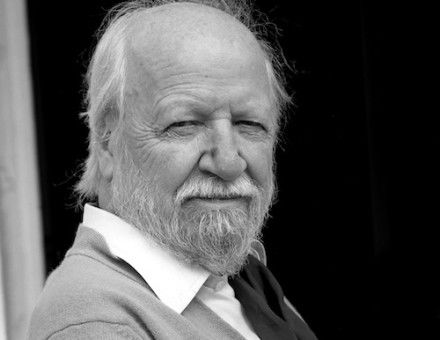The sins of the fathers: Italy's democratic deficit
Berlusconi is a product of the country's incomplete unification, argues Alexander Lee.
On March 17th Italy will celebrate the 150th anniversary of its unification. But a shadow hangs over the festivities. Silvio Berlusconi, Italy’s flamboyant prime minister, has prompted a crisis at the heart of Italian politics. By any ordinary standards Berlusconi should have been ejected from office. Long vilified for his purported connections to organised crime, shady business activities and dubious sexual morality, he has caused outrage with his dalliances with escort girls and with his attempts to circumvent the constitution to avoid prosecution. But, thanks to a series of back-room deals, Berlusconi won a dramatic victory in a crucial confidence vote last December and still clings on to power. For many commentators Berlusconi’s victory illustrates that political continuity and self-interest are more important to Italy’s legislators than democratic accountability. As the country looks back on 150 years of unity many question the future of Italian democracy and ask if the spirit of the Risorgimento (‘Resurgence’) – the movement which led to unification – has been forgotten.





